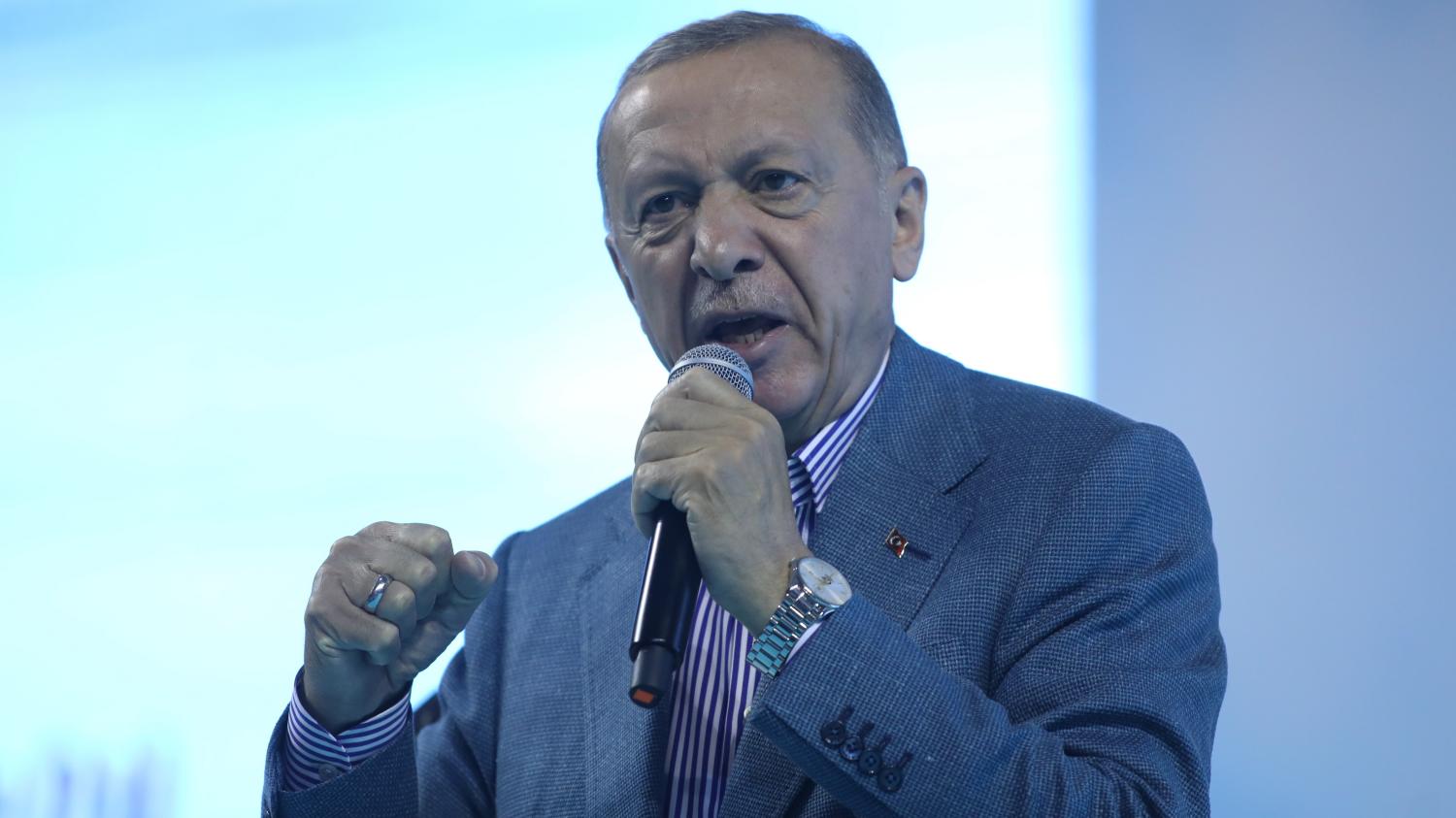Twitter users in Turkey are noticing something unusual in the days ahead of the second round of presidential elections on Sunday.
On Wednesday evening they were unable to follow the official pages of several alcohol brands. Those who tried saw a pop-up message: “This account cannot be followed from within Turkey.”
The restriction is just one of scores brought in by the government of President Erdogan limiting what Turks can view online. Pornography, Kurdish news sites and satirical forums are among the thousands of pages that have been blocked.
The government has also occasionally shut down the internet entirely, usually during protests or terror attacks; Surfshark, an organisation that monitors internet censorship, has recorded 12 such shutdowns in Turkey since 2015. Most recently, Twitter was briefly blocked hours after the two earthquakes in February that killed thousands in southern Turkey and Syria. But in recent weeks Twitter itself has been accused of acquiescing to the Turkish government’s censorship demands.
On May 12, two days before the first round of Turkish elections, Twitter’s official Global Government Affairs account announced, in English and Turkish, that it had blocked some content “in response to legal process and to ensure that Twitter remains available to the people of Turkey”.
The site has not explained what the legal process was, nor how its decision was taken, nor which accounts and tweets were targeted. In response to criticism over the move, Elon Musk, the chief executive, responded in typically acerbic style, and in doing so revealed that the Turkish government had given Twitter an ultimatum: “The choice is (to) have Twitter throttled in its entirety or limit access to some tweets. Which one do you want?”.
The censorship appears to stem from a law passed in 2020 that requires the big social media platforms to register offices in the country that are answerable to complaints from the courts and the broadcasting regulator. After initially holding out against the new rules, all the big platforms relented, prompting criticism from human rights watchdogs; Twitter established its Turkey office in March 2021. The punishment for non-compliance with requests to remove content is the throttling of the site, as alluded to by Musk. Twitter no longer answers questions from journalists.
Gabriele Racaityte-Krasauske, a Surfshark spokeswoman, warned that there is a growing pattern of shutdowns at politically expedient moments. On Sunday Turks will go to the polls again for the presidential election run-off, the first time that Erdogan has been forced to a second round.
‘This raises alarm over the possibility of further internet restrictions as the upcoming elections draw near. A potential internet restriction during the election could hinder the spread of crucial information that could shape the outcome of the election, undermining the very essence of democratic elections,’ Racaityte-Krasauske said.
Turkey has a long history of limiting freedom of speech, and there are long-standing laws against insulting the head of state, the Turkish nation or the government — laws that Erdogan has used enthusiastically to persecute critics: 7,712 people were prosecuted under the law in 2022. The traditional media has been silenced during his 20 years in power, as critical outlets have been shut down or forcibly taken over by loyal businessmen.
Social media is one of the last outlets for criticism, but legislation passed in October 2022 has galvanised the government’s ability to crack down on dissent online under the guise of tackling misinformation. In February the law was used to block Eksi Sozluk (Sour Dictionary), an irreverent site where users offer anonymous comment on all aspects of Turkish life.
Tech-savvy Turks have grown used to using VPNs (virtual private networks) to swerve the blocks, but traffic to censored sites plummets nonetheless. Taylan Yildiz, a former Silicon Valley tech executive and member of the opposition Iyi Party, said that Erdogan is using censorship to control the narrative on issues that may harm his ratings ahead of elections, such as the economy and immigration, but added that censorship in itself also appeals to a significant part of Erdogan’s base.
“Some Erdogan followers have a serious issue with democratic values and a consensus culture. Shutting down these sites props up his hard line image, that he is defending conservative values at the highest level,” Yildiz said.








































admin in: How the Muslim Brotherhood betrayed Saudi Arabia?
Great article with insight ...
https://www.viagrapascherfr.com/achat-sildenafil-pfizer-tarif/ in: Cross-region cooperation between anti-terrorism agencies needed
Hello there, just became aware of your blog through Google, and found ...